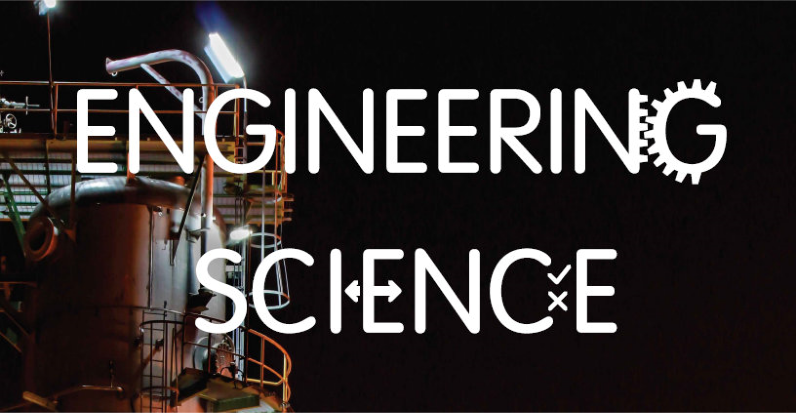The course has three main component areas.
Engineering Contexts and Challenges.
In this component you will:
- develop an understanding of engineering concepts by exploring a range of engineered objects, engineering problems and solutions
- explore some existing and emerging technologies and challenges
- looking at environment, sustainable development, and economic and social issues.
Electronics and Control.
In this component you will:
- explore key concepts and devices used in electronic control systems, including analogue, digital and programmable systems
- learn how to problem solve and evaluate through simulation, practical projects and investigative tasks in a range of contexts.
Mechanisms and Structures.
In this component you will:
- learn the basics of mechanisms and structures
- learn how to problem solve and evaluate through simulation, practical projects and investigative tasks in a range of contexts.
Assessment:
Course Assessment.
Your work will be assessed on an ongoing basis throughout the course to support your learning and evaluate your progress.
Items of work might include:
- practical work – such as producing hand drawn or electronic diagrams or drawings
- project work – such as answering design briefs or solving engineering problems
- report work – such as producing oral or written reports.
The course assessment for this course consists of two components:
- question paper (110 marks)
- assignment (50 marks).
For the assignment component, you will be asked to analyse and design a solution to an engineering problem and produce a report with your findings. The assignment component will be set by the Scottish Qualifications Authority (SQA) and marked by a visiting SQA assessor.
The question paper will be set and marked externally by the SQA.
The course assessment is graded A-D.


